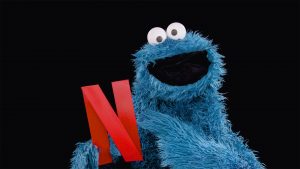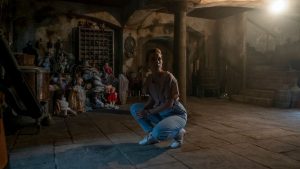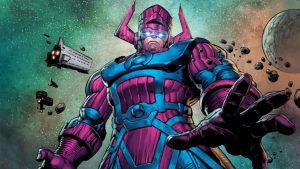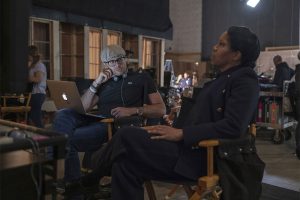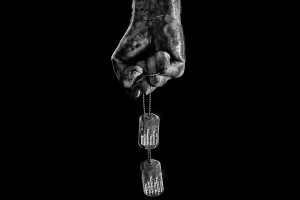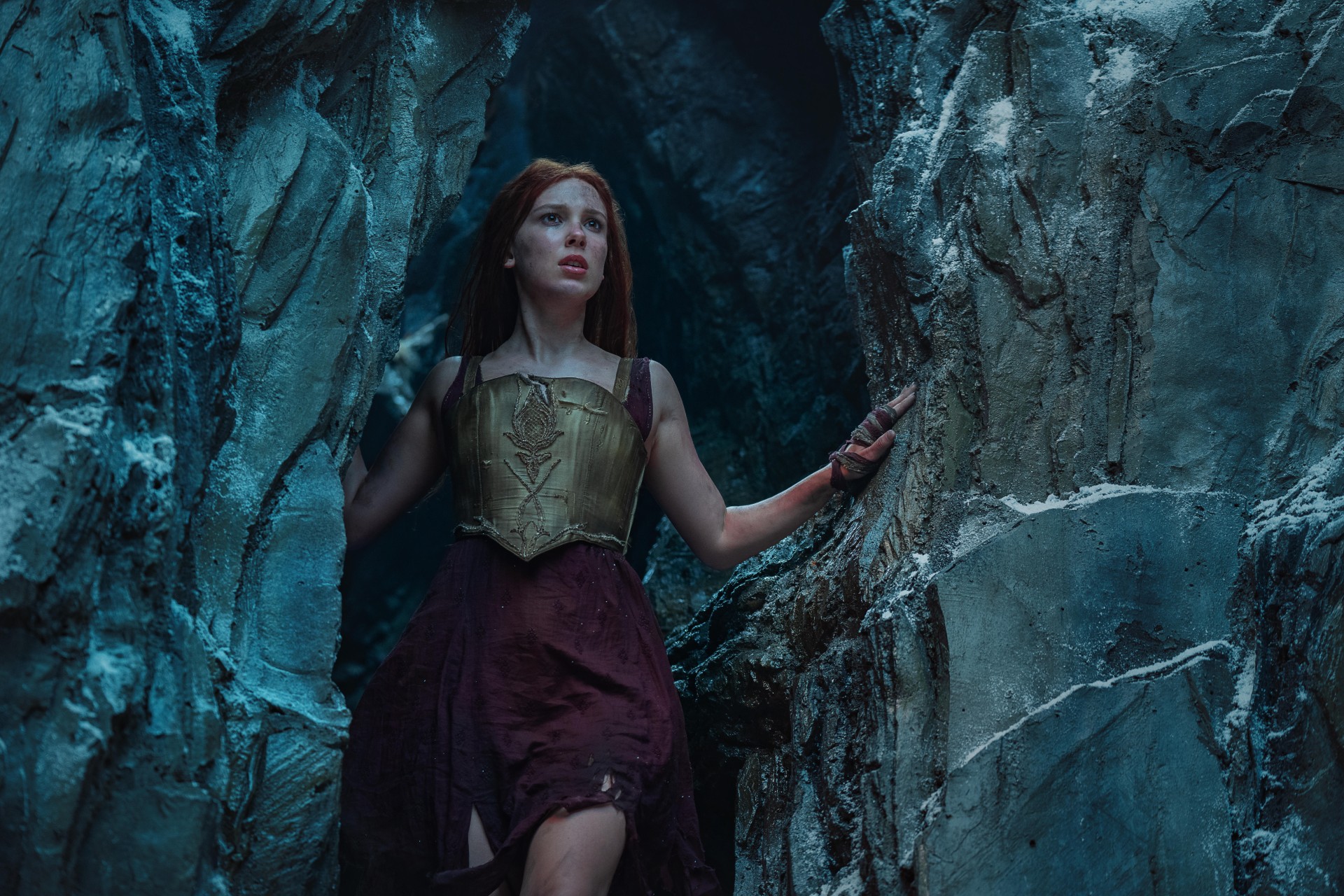
Damsel is the kind of Netflix movie that would feel right at home in the 2010s. It may be an original fairy tale of sorts, but it pulls from the same kind of girl power feminism that drove the “edgy” retellings of popular fairy tales like Snow White and the Huntsmen and Hansel & Gretel: Witch Hunters 10 years ago.
On the surface, Damsel might seem like a fresh and exciting take on a centuries old story. A young woman (Elodie) marries a prince to help her kingdom, but instead of living happily ever after, she gets sacrificed to a dragon and has to fight her way out of its lair. Despite the promise of that premise, the movie itself feels like such a shallow representation of what a story like this could be.
The very first moments of Damsel involve a dramatic voiceover from Millie Bobby Brown’s Elodie assuring the audience that this isn’t a regular old boring fairy tale where the knight saves the damsel, it’s a cool, empowering fairy tale. And on the surface, it does deliver on that promise. Brown kicks ass as Elodie throughout her journey in the dragon’s lair. But the movie also insists on spoon feeding Elodie’s intelligence and capabilities to us before she even gets there.
Like Snow White in the aforementioned iteration, Damsel makes sure that we know from the beginning that Brown’s Elodie isn’t your “typical” princess. From the moment we first see her she’s taking charge, chopping wood, and gathering what goods she can for her starving kingdom. She’s not oblivious to the plights of her people, and is willing to do whatever it takes to ensure they survive the winter.
Damsel also makes sure that we know Elodie is adept at mazes, showing how she creates them for herself and her younger sister. This is a character trait that certainly helps to make her more dimensional, but at the same time, it reads as though director Juan Carlos Fresnadillo (28 Weeks Later) and writer Dan Mazeau (Fast X, Wrath of the Titans) doesn’t think that the audience will believe Elodie can make it out of the dragon’s lair if we don’t know she’s a maze savant beforehand.
Aside from Elodie, Damsel doesn’t really know how to handle the other women either. Robin Wright’s Queen Isabelle is the villainous monarch upholding a patriarchal tradition, but the film never addresses why it’s her and not the king who is in charge of the kingdom’s secret. Angela Bassett is incredible as always, but her talents are wasted in a role without much to do other than offer motherly support to Elodie and her sister.
Shohreh Aghdashloo (The Expanse) as the voice of the dragon is an inspired casting choice, but her character arc feels like a less profound rehash of what Maleficent did a decade ago – a monstrous woman has something stolen by an over-confident king, and in return she takes revenge on his kingdom.
Every time that Damsel comes close to saying something about women’s roles in upholding patriarchal standards or pushing back against the patriarchy in any way, it doesn’t quite get there. All of its female empowerment is surface-level – there’s a scene at the end that is very reminiscent of season 8 Daenerys from Game of Thrones, and not in a good way!
If you’re looking for a fairy tale that actually has something new and important to say, I recommend looking elsewhere. I can’t help but wonder how different this movie may have been with more women at the helm, not to discredit Brown’s role as an executive producer. This isn’t to say that men can’t tell feminist stories well — Mad Max: Fury Road is a good example — but Damsel reads very much like a man’s perspective on what an empowered woman looks like, and that just doesn’t cut it anymore. Not when there are so many women and nonbinary people telling their own empowering stories on screen.
Damsel is a perfectly fine movie if you have two hours to kill. The action is thrilling enough and the visual effects are well done. The way the dragon’s fire moves like molten lava out of her mouth rather than just as the straight breath of fire that we often see in fantasy is a visual technique I hope to see again. The performances from Brown, Bassett, Wright, Aghdashloo, and the rest of the cast also help make this movie worth at least one watch before it gets lost in the Netflix algorithm. It just misses the mark too many times to make it worth anything more than that.
Damsel streams on Netflix on March 8.
The post Damsel Review: Millie Bobby Brown’s Girl Power Princess Story Isn’t Anything New appeared first on Den of Geek.
